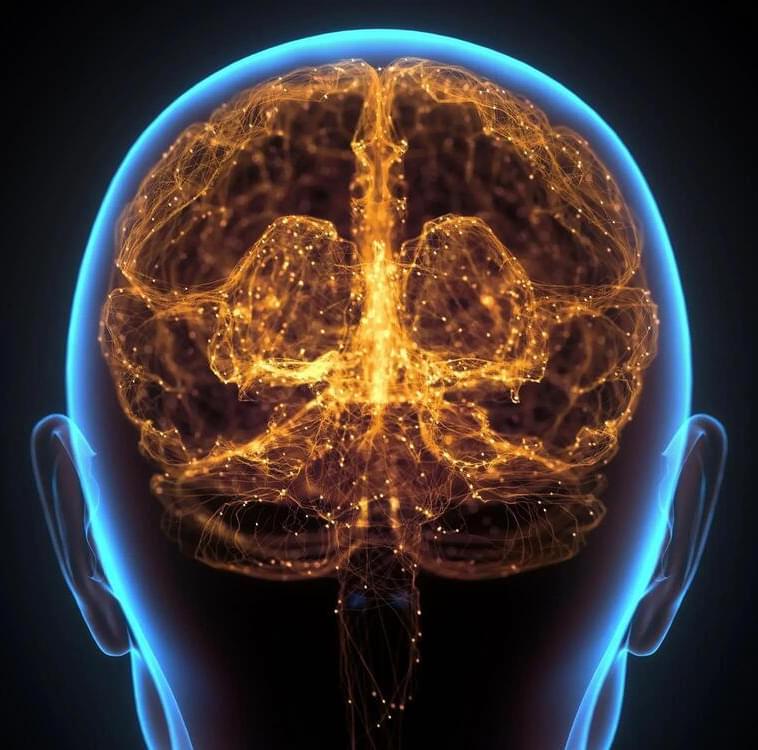Brain waves act as carriers of information. A recently proposed “Cytoelectric Coupling” hypothesis suggests that these wavering electric fields contribute to the optimization of the brain network’s efficiency and robustness. They do this by influencing the physical configuration of the brain’s molecular framework.
In order to carry out its multifaceted functions, which include thought, the brain operates on various levels. Information like objectives or visuals is depicted through synchronized electrical activity among neuronal networks. Simultaneously, a combination of proteins and other biochemicals within and surrounding each neuron physically execute the mechanics required for participation in these networks.
A new paper by researchers at MIT, City University of London, and Johns Hopkins University posits that the electrical fields of the network influence the physical configuration of neurons’ sub-cellular components to optimize network stability and efficiency, a hypothesis the authors call “Cytoelectric Coupling.”
